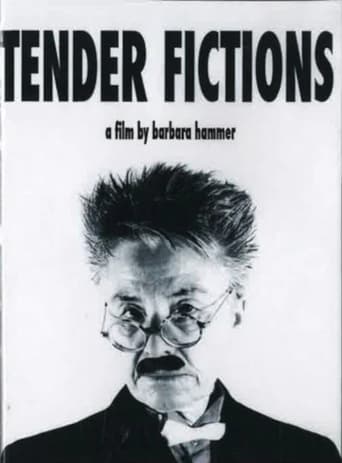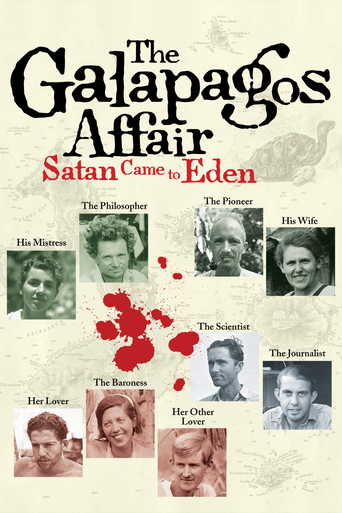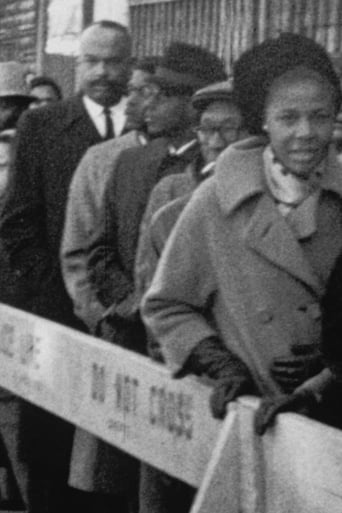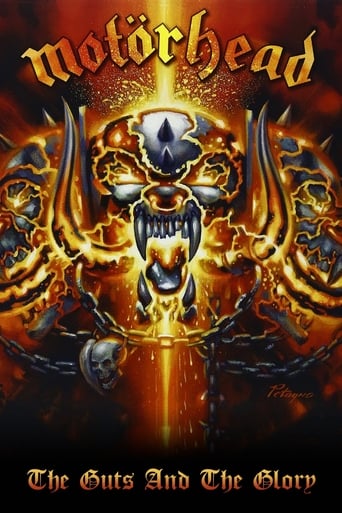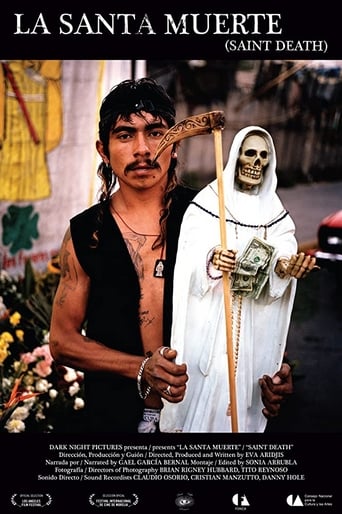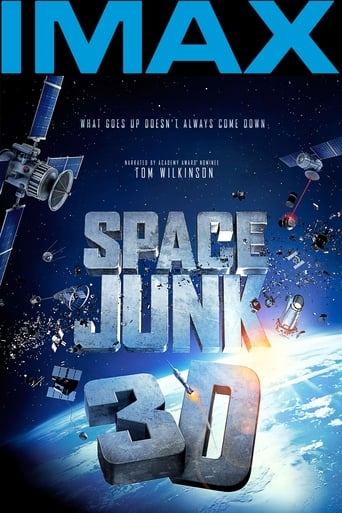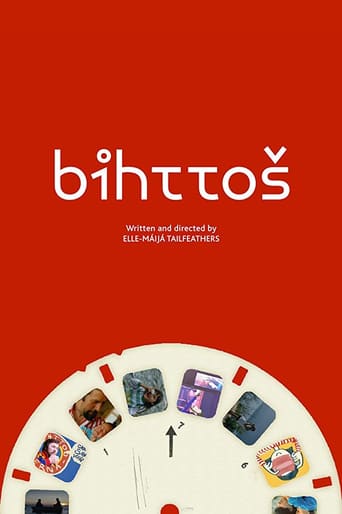The Corporation (2004)
Since the late 18th century American legal decision that the business corporation organizational model is legally a person, it has become a dominant economic, political and social force around the globe. This film takes an in-depth psychological examination of the organization model through various case studies. What the study illustrates is that in the its behaviour, this type of "person" typically acts like a dangerously destructive psychopath without conscience. Furthermore, we see the profound threat this psychopath has for our world and our future, but also how the people with courage, intelligence and determination can do to stop it.
Watch Trailer
Free Trial Channels
Cast


Similar titles
Reviews
Dreadfully Boring
brilliant actors, brilliant editing
A Disappointing Continuation
It's entirely possible that sending the audience out feeling lousy was intentional
Condensed from an apparent 33 hour initial cut, this Canadian documentary about the evolution of corporations in North America tends to ramble at times, but features lots of interesting information, even if one might be skeptical about some of it. The first stretch of the movie is the best as the filmmakers use a checklist of symptoms of psychopathic behaviour to conclude that a corporation operates like a psychopath, which is all the more fascinating when one considers legal precedents that allow corporations to have the rights of a human being, to sue others, buy investments and so forth. After this initial stretch, the film is a bit of a bumpy ride with far too much footage recycled from Michael Moore's 'The Big One' for its own good; Mikela Jay's cold and impersonal voice-over narration is a minus too. The majority of the archive footage here is very well used though, perfectly juxtaposed against dialogue and narration. There are some captivating interviews too, most notably with a Goodyear CEO who simply rules corporations off as an expected "consequence of modern capitalism". There is also an interesting stretch towards the end of the film dedicated to corporations manipulating kids due to their 'pester power' when it comes to pleading for their parents to buy certain items. In fact, the film flies by very quickly for a 2.5 hour documentary.
This excellent documentary accurately depicts, through factual reportage, the nature of a corporation, often a destructive force when it comes to the human consciousness, that is, when in contact with human consciousness, often toxic, when placed under considered scrutiny and in historical perspective.In my view, a corporation is not an "entity," nor a "person," despite judges in courts who have ruled it that, judges, perhaps bought and paid for by corporations reaching for control of and over civilization in the United States. A person has consciousness, compassion, and morality. A corporation does not. What it does have: "strategy." What the corporation is: a system, often with a singular objective, to make profits. It is the embodiment of greed.It is a strange phenomenon projected by human behavior. It was isolated, analyzed and described in Truman Capote's 1966 seminal work, In Cold Blood, a "non-fiction novel" first serialized in The New Yorker in 1965. This behavioral revelation is about the formation of an overriding singular force that is either tyrannically destructive or in a few cases, constructive, when two or more humans are present in a scenario. In Capote's book, two petty thieves create a singular, malevolent force that destroys an innocent family. By themselves, neither of the two thieves could or would have been capable of the murder.The positive or negative nature of the corporate force is created from the combination of top management, sometimes boards, if the board is in close control of the corporation. In most cases, since the objective of most corporations is profitability, the bottom line becomes the most powerful arbiter of the corporate behavioral history. In too many cases, the results are destructive to human health and welfare.Top management typically walks in a chain-lock-step, especially when members receive the obscene amount of compensation published in today's business journals. As a result, whistle blowers who report malfeasance, crime or destructively bad management are disposed of, and in the case of existing within a modest municipality controlled by the corporation, also black-listed.Malefactors are usually promoted and rewarded, often in spite of the corporation itself, as it begins to decline and eventually go out of business and close its doors, moving hundreds or thousands of employees and subcontractors who had grown dependent, out into the street to search of new employment.The greatest danger today (at this writing) is the takeover of governments by corporations who buy entire political parties, government institutions and more or less cause great human suffering and destruction of human well being and in too many cases, life itself. Untrammeled, the corporate system or force, has the potential to destroy all human life on Earth. This documentary clearly shows this possibility. It is the most insidious specter today, soon to come out of China in vast dimensions, presently inconceivable.
Joel Bakan, who served as a clerk for Chief Justice Brian Dickson and advocated for human rights against governments, now takes aim at corporations in this documentary. On the way he gets a little help from friends like Naomi Klein and Michael Moore. The stuff exposed in the final product can be shocking and hits home even if the presentation is fairly one-sided. From stuff little-known like businessmen trying to overthrow Franklin Roosevelt and aiding Nazi death camps, to a reminder of Kathy Lee Gifford's sweatshops. It questions the ethics of applying patents on life and rain water. This is a story that needs to be heard, even if it needs to be balanced.I first saw most of the movie as part of a sociology course. We considered the concept of a corporation as a person, and how if it were a person it can fit the definition of a psychopath. While it may sound extreme to apply that label to men running businesses, sadly there is some truth to it. Even if this movie doesn't convince me corporations should be banned, it demonstrates why they should not have absolute power and personhood. The stuff about Bolivia having a revolt shows people being pushed can push back, and raises questions of how we may see more of that which is alarming from a security perspective. All of this is helped by use of metaphors and pop culture and the calm, female voice of the narrator. Everyone shaping a national economy should see this movie.
The Corporation tries to explain to a mainstream audience what left-wing sociologists and philosophers and anti-consumerist publications have been saying to those already politically inclined - why are corporations so powerful, and why are they so dangerous? This long documentary generally cuts out the jargon and vocabulary that makes political media sometimes so difficult for an apathetic perspective, but at the same time isn't patronising or overly preachy. Instead of having the moral depth of an afterschool special, it presents a number of anti-corporatist figures (Noam Chomsky, Howard Zinn and Naomi Klein are among the most notable) who try and explain the destructive and cruel nature of corporations.The most clever idea of the film is to compare corporations and their anti-human actions to a human being, to develop on the notion of Corporate Personhood - the fact that a corporation is legally recognised as a person. With this in mind, businesses are analysed like a human being would be, and here we come to a disturbing conclusion - corporations, with their disregard for other human beings, have similar patterns of functioning to that of a psychopath.As excellent as this documentary is, however, my concern is that those who will watch it and enjoy it and talk about it will be those who already are to the left and are interested in politics. This is true with me - I'm an anarchist, and if I wasn't into activism I wouldn't have heard of it. So here's to hoping the power of word can give this film the breakthrough it deserves, because it's a much better alternative perspective than the sort of half-baked, wishy-washy sentiments expressed by Michael Moore in 'Capitalism: A Love Story'.'









